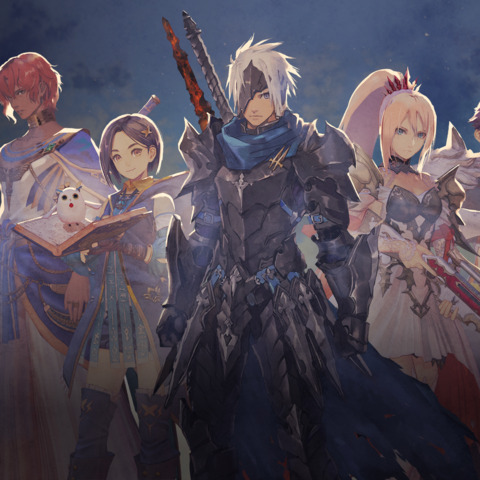A good magic trick makes the impossible seem possible and inspires a child-like sense of wonder. Watch any magician dazzle an audience with a sleight of hand, misdirection, or optical illusion and you'll see even the most stoic of people wearing an expression of astonishment. It's a unique kind of joy that is almost always followed by a desperate need to figure out the trick. "How?" onlookers will ask, trying to make sense of it.
For years now, developer Arkane Studios has been pulling off some of the most impressive magic tricks around. Through the Dishonored series and Prey, it has delivered worlds that are stunning and intricately designed, and that--most importantly--present the player with seemingly endless possibilities. This is all on top of stunning art direction, memorable characters, and compelling stories.
Arkane's games feel like impossible creations, each one a complex set of interlocking systems and mechanics that present a dynamic space where players are invited to poke and prod at their clockwork nature and watch as it reacts without falling apart. As an immersive sim and an action game, Deathloop is yet another impressive effort from Arkane in this respect. But what elevates it and makes it GameSpot's Game of the Year for 2021 is that it gives us all what we want most after being wowed by a magic trick: a peek behind the curtain.
In my review of Deathloop, I described it as an introspective game in which Arkane deconstructs its own brand of open-ended action and lays out all the pieces necessary to it. Having played it many hours more since that review, I've come to realize how meaningful that is as an achievement, and the impact it is likely to have.
Arkane's games can be overwhelming for many people. They are, by their very nature, incredibly complex and often ask a great deal of the player from the very outset. Deathloop, however, presents one puzzle piece at a time and uses the time loop mechanic to give the player the space and breathing room to consider it, before presenting another. Within each loop there are copious opportunities to contextualize an idea or test the boundaries of a mechanic, be it a supernatural power or a strange armament. This happens repeatedly until all the pieces are laid out in front of the player, who is then left to put the puzzle together, take a step back, and see the full picture.
It can't be understated just how impressive it is that Arkane has created a game inspired by multiple "hardcore" genres like the immersive sim and roguelite, and delivered it in a way that feels approachable to anyone. And it's even more impressive that it has done this while enshrining its own identity as a game developer. Everything that the studio's previous games are beloved for can be found in Deathloop, and each piece is executed upon exceptionally well.
Blackreef is a fascinating setting where its denizens are aware that nothing matters because the world will be reset infinitely. And, naturally, this paves the way for the best kind of freaks to emerge and rise to the top. Blackreef's Visionaries are striking personalities who are nuanced as people and challenging as assassination targets. And yet even alongside them, the two main characters, Colt and Julianna, are even more memorable. The true nature of the duos' relationship is a captivating narrative throughline, and their acerbic back-and-forth conversations swing between hilarious, scary, and sometimes somber.

Deathloop is also a game that places representation front and center in a way that feels natural and effortless. Everything from the way characters look and speak, to the music, fashion, and aesthetic choices are either directly inspired by or pay homage to Black culture in an authentic way. This all comes together to make for an experience that is distinctly Arkane's.
There is so much to love in Deathloop, but it's also a landmark release because of the potential it has to influence future generations of designers and developers. It's a masterclass on how to make Arkane games, so playing Deathloop is also an exercise in understanding how a team that's unmatched in the immersive sim genre has pulled off its magic trick so many times. It feels like learning forbidden knowledge, the kind of revelations that would get you thrown out of The Magic Circle. You can be sure that the lessons the game offers will empower people to try their own hand at it--and games will be better off for it.
Deathloop is that peek behind the curtain that many have so desperately wanted. It's Arkane showing us how we can all make the impossible seem possible.




